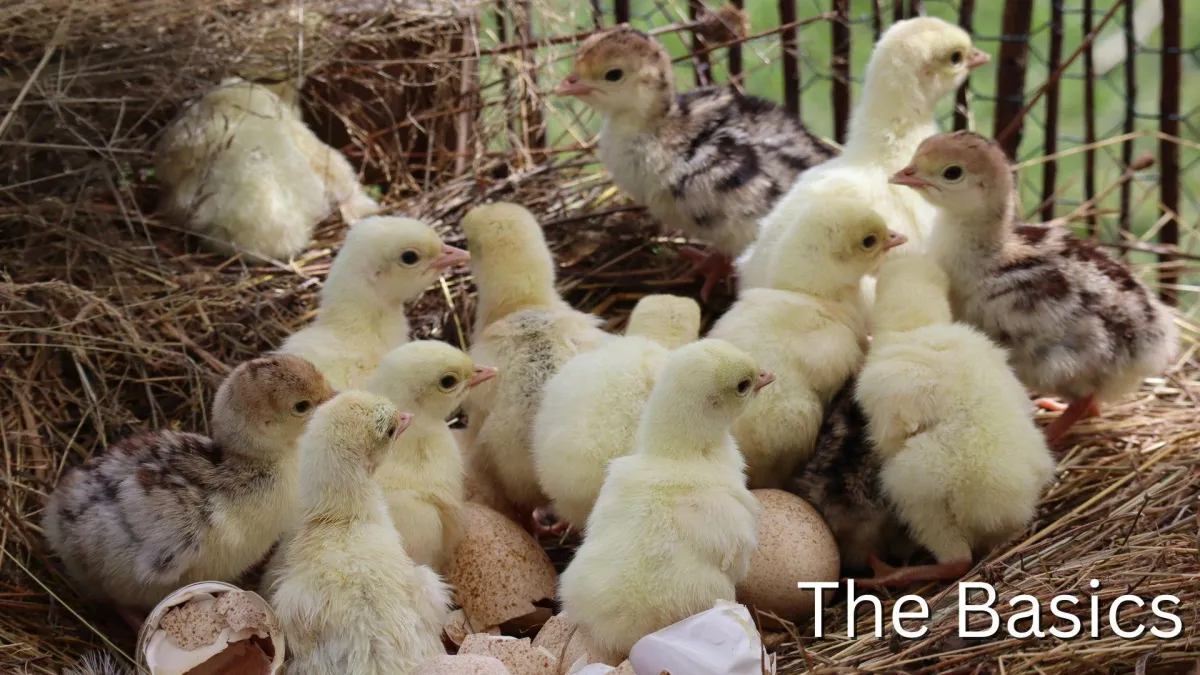
These are the core skills and knowledge every lifestyle farmer needs, no matter what animals you keep. You’ll find practical guides on recognising health issues, planning feed, understanding common diseases, and managing your animals through the seasons.
Whether you’re new to livestock or have years of experience, these articles will help you keep your animals healthy, safe, and well cared for.
Recognising and Responding to Health Issues
Even the healthiest animals can face illness or injury. These resources explain what to look for, how to respond promptly, and when to call in expert help.
Feeding and Nutrition
Good feeding is the foundation of animal health and productivity. Learn how much pasture your animals need, what supplements may be required, and how to avoid common feed-related problems.
Breeding and Care of Young Animals
Successful breeding and rearing require preparation, observation, and timely action. These guides cover the key stages from pregnancy to rearing healthy young animals.
Parasite and Disease Management
Prevention and early intervention are the best tools in the fight against disease. These resources focus on common livestock conditions, parasite control, and disease awareness.
Handling and Welfare
Safe, low-stress handling benefits both you and your animals. These guides explain basic handling principles and good welfare practices.
Seasonal and Environmental Challenges
Weather, pasture conditions, and seasonal changes bring their own challenges. These articles help you plan ahead and keep animals comfortable year-round.
Common Livestock Health Problems
Many conditions affect multiple species. These resources provide practical overviews to help you recognise issues and take the right next steps.
Infectious and Zoonotic Diseases
Some diseases can spread between animals and people, or quickly through a herd. Awareness is key to prevention.
Routine Health Tasks
Good routines reduce stress and keep animals in top condition. These guides explain how to carry out common livestock care tasks safely and effectively.
More Resources
For in-depth advice on individual species check out our keeping livestock courses
For species-specific feeding needs, see Livestock & Pets.
Browse all of our Basics articles
Support & Legal
Get Rural Tips & Seasonal Updates
Subscribe to the LSB monthly newsletter.
© 2025 Lifestyleblock.co.nz | LSB Ltd Proudly off-grid and NZ-owned

